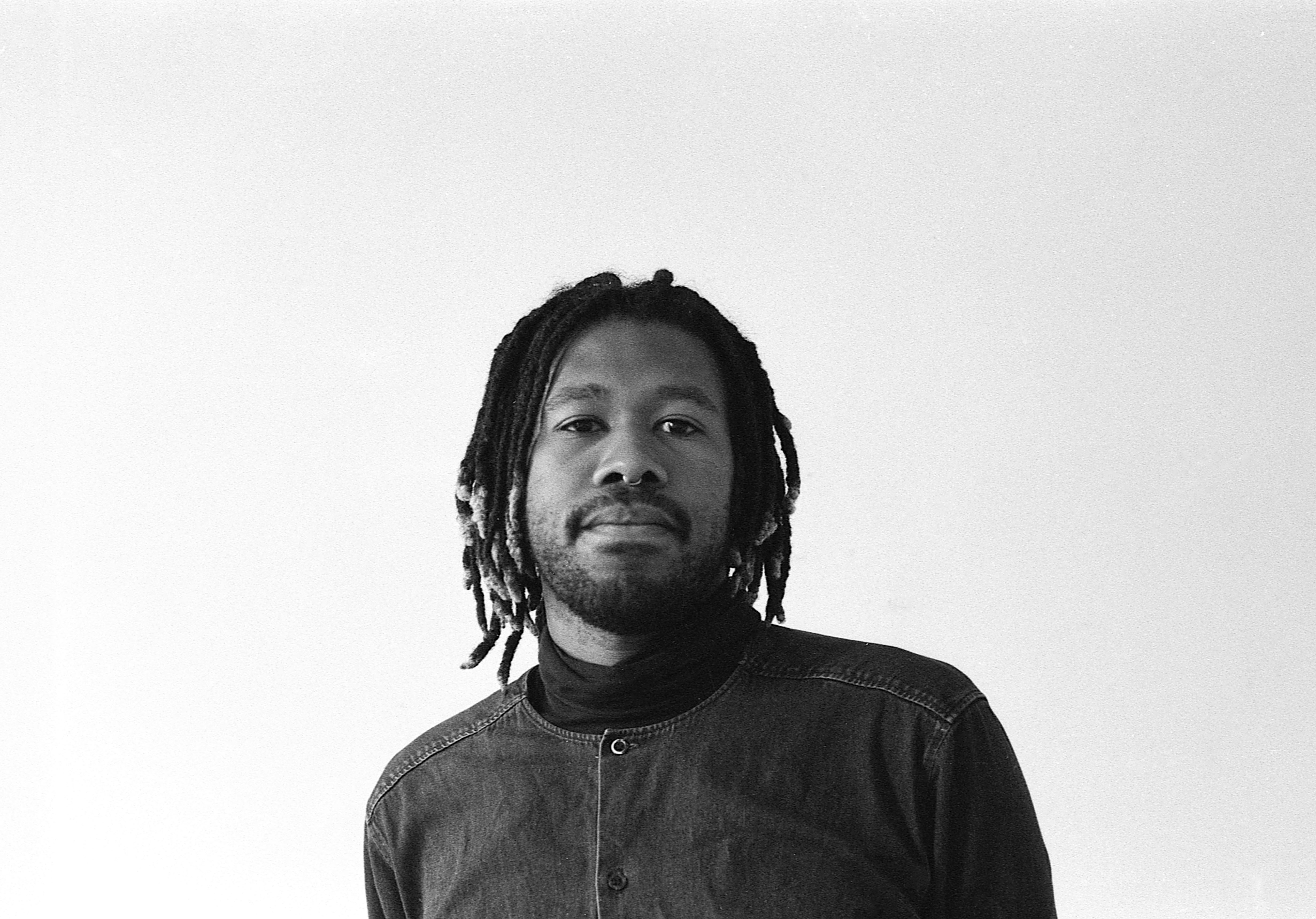Matthew Arthur Williams © Winnie Herbstein
The artist delves deep into family and community archives to reflect on migration, portraiture, and his British-Caribbean heritage
For Matthew Arthur Williams, “everything is performance.” Society plays out in a theatre, the narratives of history repeat on its stage, and we as individuals are “trapped in that dynamic, playing second fiddle,” the Glasgow-based artist says.
Emerging from behind this curtain is Soon Come at Dundee Contemporary Arts, Williams’ first major solo show in the UK. The exhibition comprises a film and sound installation alongside photography borne of the landscapes and communities of Stoke-on-Trent in England and Clarendon, Jamaica. The project “looks at society at large, at histories within Britain – and how time moves on so fast,” Williams describes.
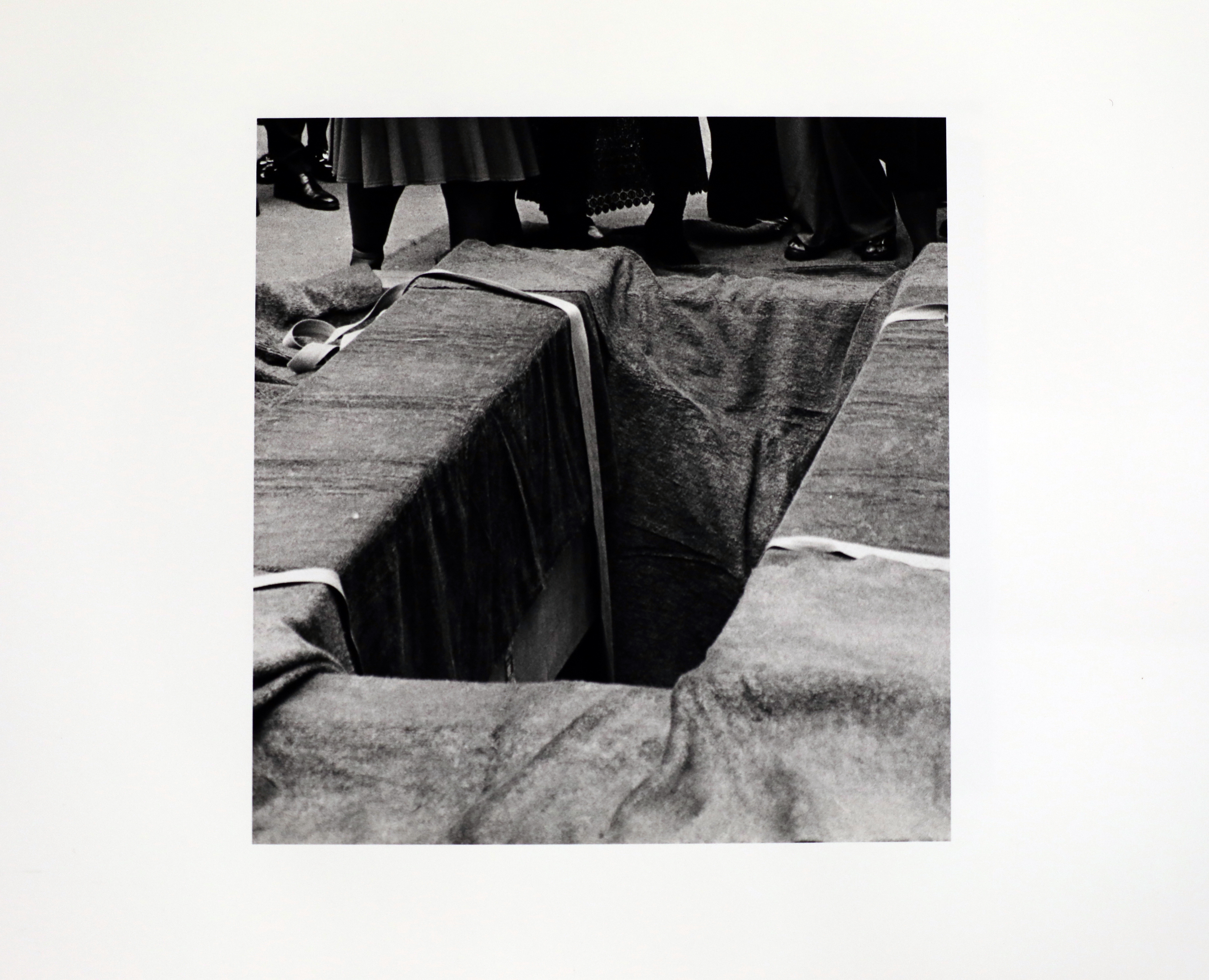
The London-born Williams has long regarded Stoke-on-Trent as “an extension of home”. It’s a place bound-up with grandparents and cousins, who settled there from Jamaica from the early 1950s. “I was thinking about people in constant migration,” Williams says. “People who leave somewhere and think they might come back, but who never get the opportunity. We don’t really treasure those sacrifices.”
In many ways, Soon Come was a bid to make sense of, and set right, this reality. “I knew it was going to be quite honest, raw and real, but I never expected it to be so much of me,” he says. “It’s an exhausting process because you’re using up your own resources. But I felt like I had to do it that way.”
This process – an intensive gathering of conversations, interviews and found materials – reveals as much about Williams’ tireless inquiry as it does his questioning outlook. Material for the show hails both from public and private archives as well as recorded encounters of his own – Williams “looking for traces, trying to be privy to conversations,” he says.
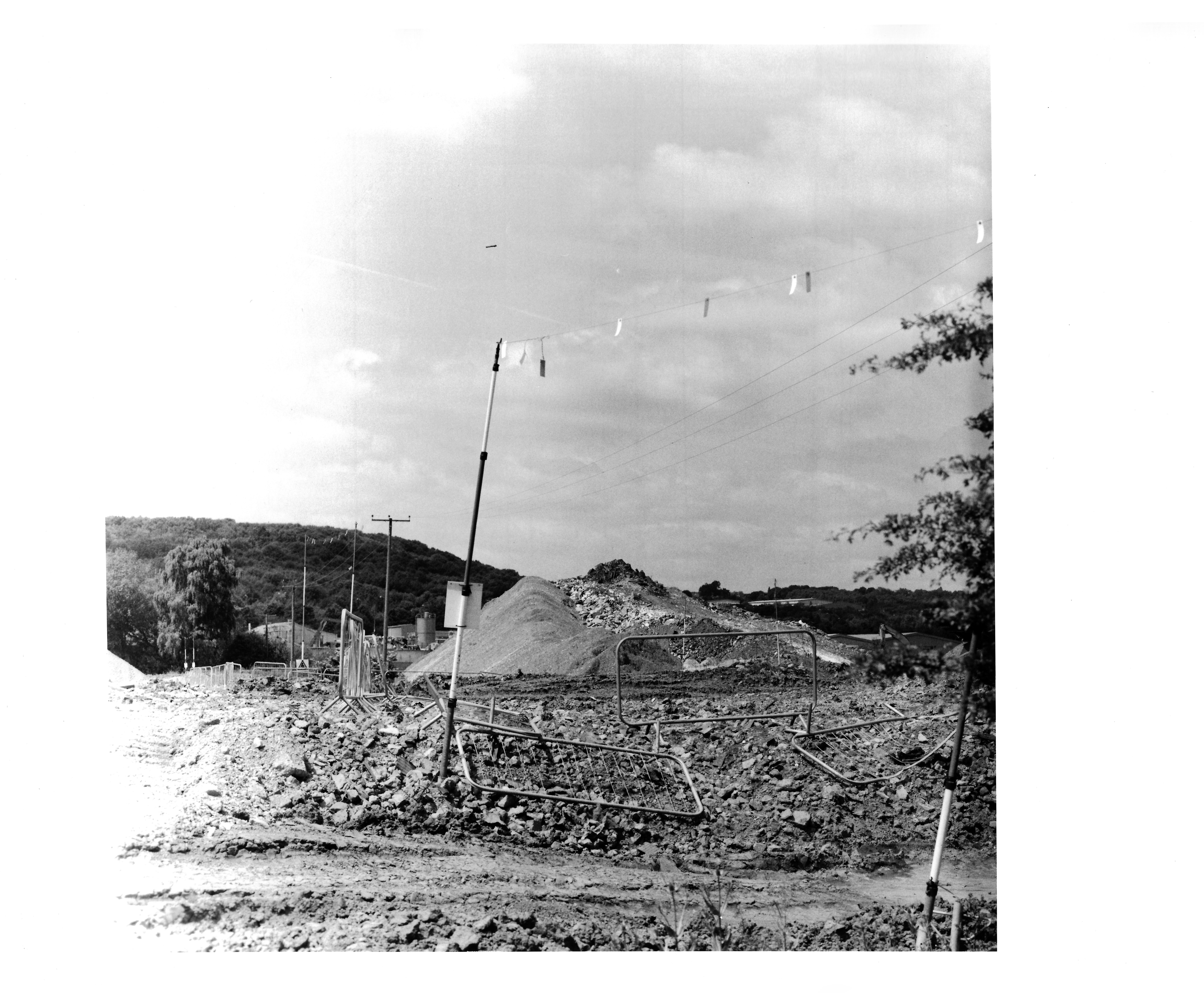
But what surfaced was less a trove of treasures, than a sense of the limitations of the archive: of “things being lost and rewritten or covered up,” Williams explains. At one stage of his research, Williams had spent three days examining pictures of pottery workers in the archive of Social anthropologist and photographer Jacqueline Sarsby, before he came across a single black face. There was “something amiss.”
Soon Come therefore exists not only as a showcase of findings, but as a presentation of absences and obscurities. Split across two facing screens, Williams’ newly commissioned film pits the public against the private archive, blending stark digitised landscape imagery with abstract analogue fragments of bodies and identities obscured, sometimes featuring Williams himself on screen.
“Landscape pictures have everything to do with the body, because it’s the body who’s taking the image,” Williams explains. In one improvised passage, a tug of war ensues, hands intimately entwined in an act of struggle. Equal tenderness is afforded to the industrial backdrop of Stoke-on-Trent, photographed with a clarity that reveals “all of the beauty in the rubble.”
“Landscape pictures have everything to do with the body, because it’s the body who’s taking the image”
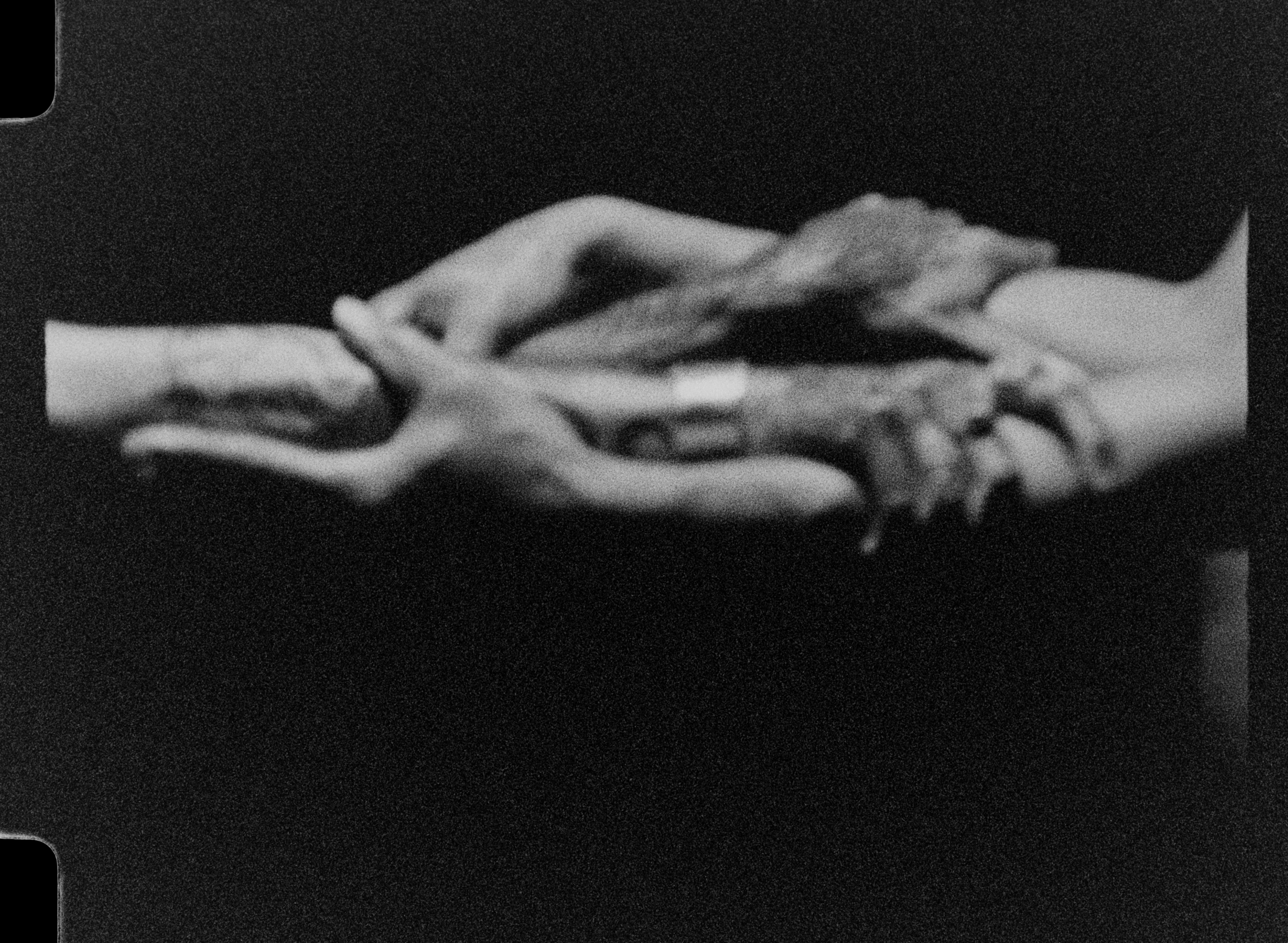
On one unyielding emerald wall, a figure is bent double, the darkness of the exposure squeezed to the edge of a black frame. In the next room, small landscapes are framed with gaping white borders. Elsewhere, self-portraits float with warped, raw edges. Then there is a low vitrine requiring viewers to stoop over still lifes of bus driver badges (Williams’ grandfather’s), scaled up to match documentary shots of a bottle Kiln in Longport, Stoke. It is about “playing around with ideas of visibility, traces, and what is valuable,” Williams says.
Contrasts and juxtapositions abound in the show. There are sound recordings made in the annals of an archive – the whirr of newsreels re-presented as the sound of boats rumbling on water. There are conversational snippets with his aunt, mum and (reluctant) uncle alongside footage gleaned from the 2011 documentary film, Caribbean Voices. Williams recalls a highly motivating conversation with the film’s co-producer Monienne Stone, director of the Staffordshire Archive. They discussed her documentary process, and Williams also met one of the surviving individuals from the film.
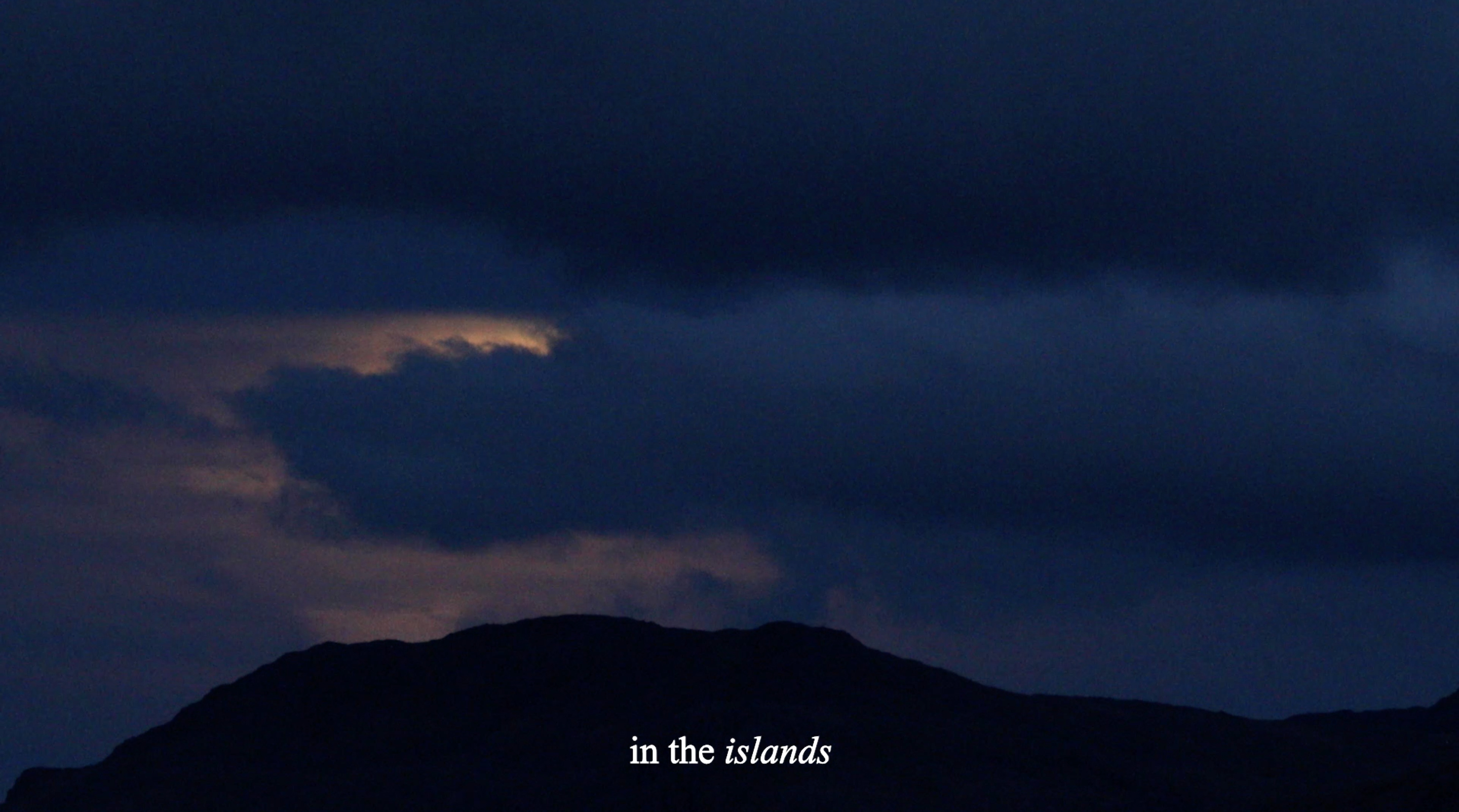
“Sometimes it sparks joy, remembering things in past lives – it gives us renewed energy,” Williams says. (He admits that he’s an amateur with 16mm film, but combining it with 4k footage gave him the desired tonal contrast for Soon Come). The work emerges as both a vessel and amplifier of the artist’s critical and creative encounters.
Soon Come is a project with roots as wide-reaching as its readings are open-ended. Golden sunsets collide with pallbearers, twisting bodies with industrial wastelands. And in the mode of the show’s title, there is also a lightness of touch, a spirit of warmth and gathering – a testament to “what a community can do,” Williams concludes. Indeed, what communities do best is not unlike a performance: working together to remember, to treasure, and to value the stories of kin.
Matthew Arthur Williams’ Soon Come is a Dundee Contemporary Arts until 23 March

